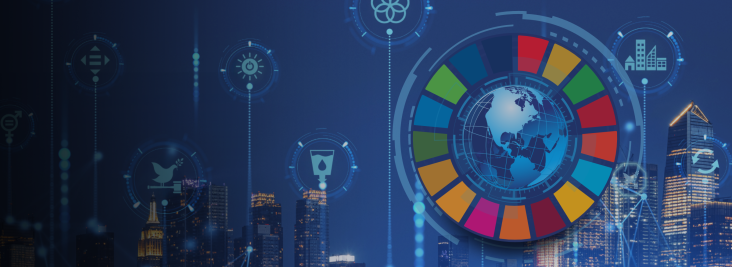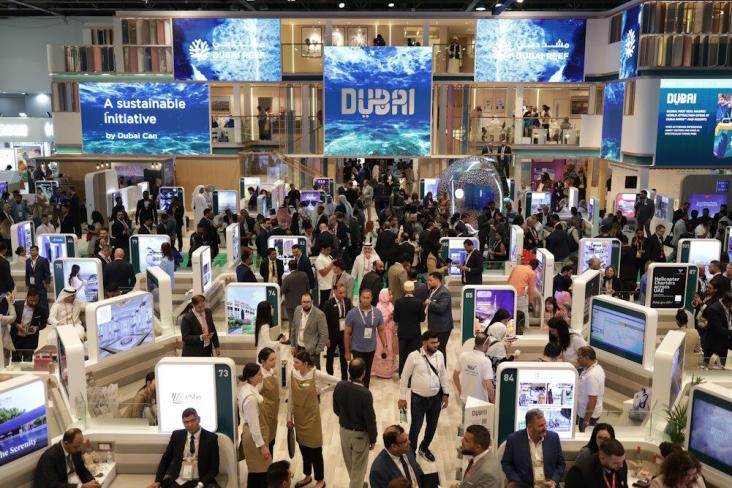Promote sustained, inclusive and sustainable economic growth, full and productive employment and decent work for all

SDGs have been added on Scopus' author profile pages, appearing under the rebranded “Impact” section.

More than 1100 people came together virtually on 18 June 2024 for the tenth edition of the RELX SDG Inspiration Day: "In the Age of AI: Information to Advance the UN Sustainable Development Goals (SDGs)." The annual online event brings together thought leaders, corporate representatives, students, investors, governments, and NGOs to explore pressing issues, gain practical insight, and inspire action on the United Nations Sustainable Development Goals (SDGs).

Recognising our customers' exceptional work to achieve the UN Sustainable Development Goals.
Transportation electrification is a critical step toward energy transition and a low-carbon society, with wide-ranging social and economic impacts. This study examines the significant role of the 2023 United Auto Workers strike in the context of transportation electrification, with a focus on its implications for the automotive industry and labor market dynamics.

